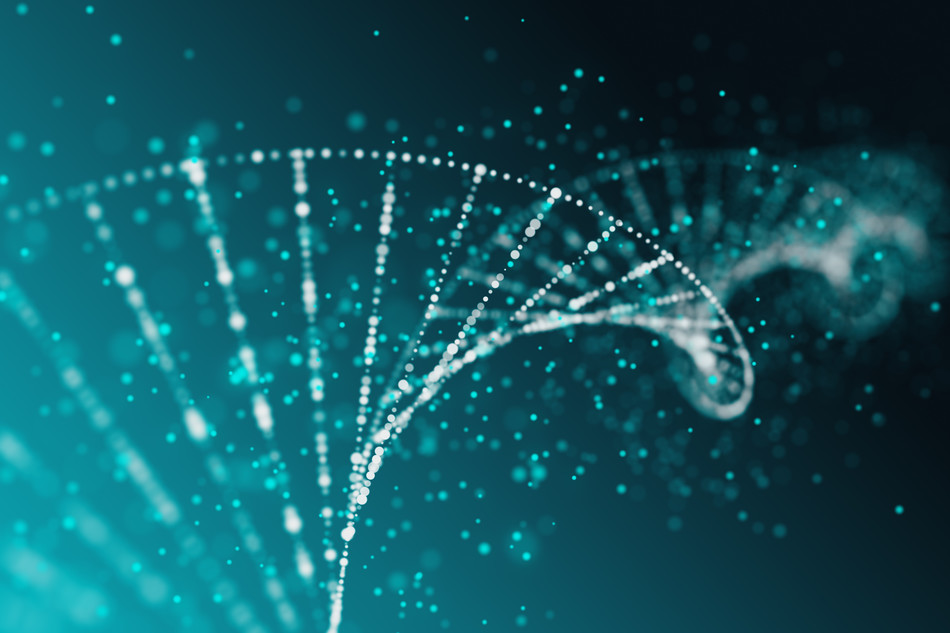Columbia medical researchers have discovered a gene variant that may allow toxic amyloid plaques to be cleared out of the brain before they cause Alzheimer’s disease, thereby reducing the odds of developing the condition by up to 70 percent. Their discovery could herald a new direction in drug development.
Snake-tooth solution
With an eye toward improving rotator-cuff surgery, Columbia biomedical engineers led by Stavros Thomopoulos ’95SEAS have created a new type of implantable suture inspired by the sharp, backward-curving teeth of pythons. When used to reattach tendon to bone in an injured shoulder, the suture doubles the joint’s strength.
Baby blues going untreated
Nearly one in eight new mothers experience postpartum depression, but only half of them get help, and for Black and Hispanic women the rate drops to 37 percent, according to researchers at Columbia’s Mailman School of Public Health.
Sleepless in Seattle
Geologists led by Columbia’s Suzanne Carbotte have completed the first comprehensive assessment of the Cascadia subduction zone, a gigantic fault that runs along the Pacific Northwest coast. They found evidence that the most dangerous section of the six-hundred-mile-long fault, which is about four hundred years overdue for a major slippage, lies beneath Seattle and Tacoma.
Who does a fish need to know around here?
Biologists have discovered that cichlids, small freshwater fish that cooperatively raise their young, engage in a form of nepotism, turning a blind eye to relatives who shirk their child-rearing duties even while physically attacking other group members who display the same behavior.
Cold gas yields quantum leap
By cooling gas molecules to -459.66°F, Columbia physicists in the laboratory of Sebastian Will have succeeded in creating a rare quantum state of matter called a Bose-Einstein condensate, first theorized by Satyendra Nath Bose and Albert Einstein a century ago.



